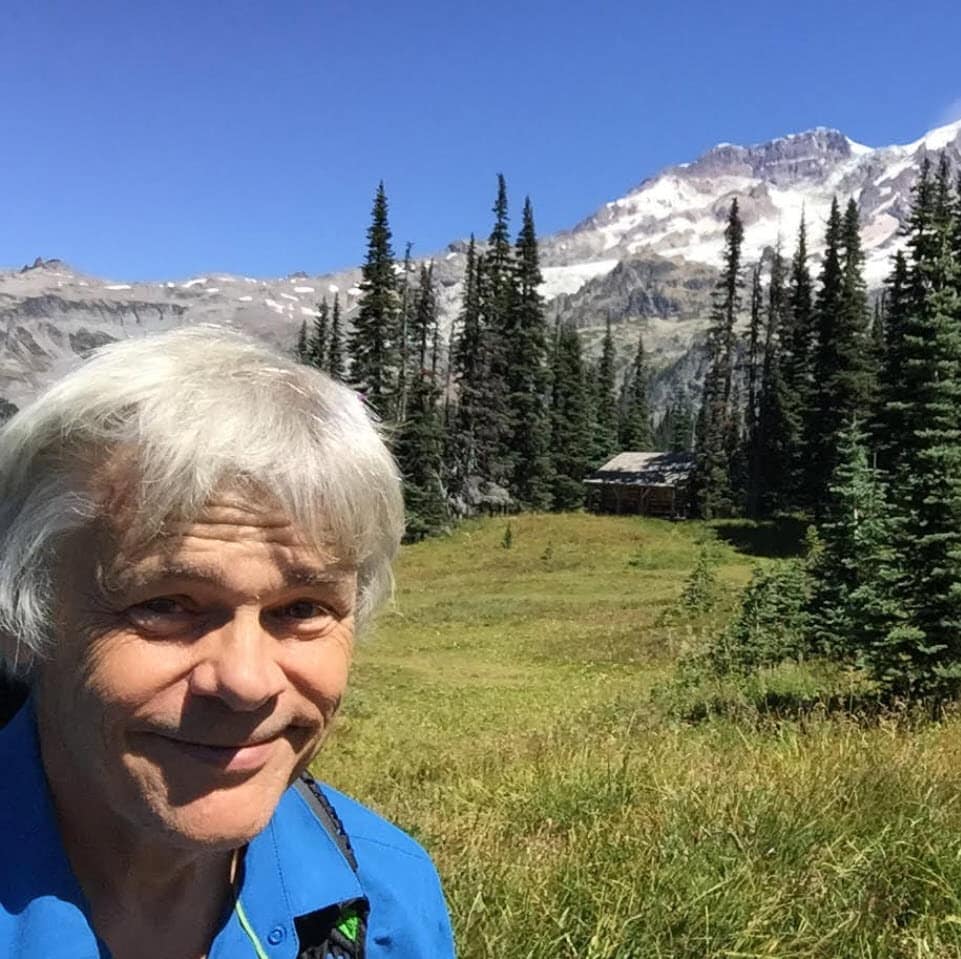If fake news were an actual thing, instead of a political cliche, I’d doubt the story I read today in the Wall Street Journal.
I used to subscribe, but I canceled because it was just too expensive – and the Washington Post and New York Times have adjusted their pricing to reflect a more reasonable rate in the era of digital media. So I subscribe to those reluctantly. The truth is these papers need you more than you need them, which is why the articles you can’t read in your web browser are free on Facebook. I searched for this article online so I could include a link. All I got was a teaser paragraph and an offer to subscribe at a special rate.
Bite me.
If you want to read this article I posted it on my Facebook page. Or wait for the book.
Here’s the headline:
The New Science of Psychedelics
Recent studies are finding that drugs such as LSD and psilocybin can help to alleviate depression, anxiety, and addiction—and may have profound things to teach us about how the mind works.
It turns out that after a clinically guided LSD trip, a whopping 67% of people in a study quit smoking for good. This is a higher success rate than any other known method. And even more startling are the reasons the participants give for their success.
To hear them tell it, the psychedelic trip did, in fact, expand consciousness, and allow patients to logically see the folly of addiction or depression.
Dr. Mathew Johnson, the psychologist who directed the study at Hopkins, says that these “duh moments” are common among his volunteers. Smokers know perfectly well that their habit is unhealthy, disgusting, expensive and unnecessary, but under the influence of psilocybin, that knowledge becomes an unshakable conviction—”something they feel in the gut and the heart.” As Dr. Johnson puts it, “These sessions deprive people of the luxury of mindlessness”—our default state and one in which addictions flourish.
This hit me hard.
I did Acid twice. In high school. It was incredible, though the second time was a bit scary. I did not become addicted. It may have changed me permanently. I can’t know for sure. But that’s the point.
Once you’ve hallucinated for fun and seen the universe as a kind of amusement park, you have a perspective that’s hard to explain.
What is reality?
I’m perfectly ok admitting that anything I think is just a thought. I don’t know much. The entire world and everyone and everything in it could be a hallucination. The only thing that seems to matter in my gut is to do my best. The meaning of life could be summed up in one word. Love. It’s a verb.
You might think that’s a little crazy, but I think of it as open-minded.
And I have to say I’ve felt out of step with humanity since those trips. People are stubborn. Unwilling to change their minds no matter what evidence is presented. I know I’m that way too, sometimes.
What’s the fun in having a mind if you’re not changing it? Aren’t you just stuck?
What really threw me in this article was that LSD was being seriously studied for medical value, until it became an illicit street drug. There was a body of research suggesting that psychedelics could unlock some of the mysteries of how our brain functions.
And several studies showed a lot of promise to treat alcoholism.
From the article:
Few people in Alcoholics Anonymous realize that Bill Wilson, the founder, first got sober after a mystical experience he had on a psychedelic administered to him in 1934, or that, in the 1950s, he sought, unsuccessfully, to introduce LSD therapy to AA.
When I got sober in 1989, it was preceded by a pretty serious bout with anxiety. I became a bit delusional, even hallucinated. I wondered if this was what they referred to as a flashback? I climbed a mountain, sat on top of a huge rock, and prayed for help. This was 15 years after High School.
The only thing I can tell you for sure is that on 10/31/1989 a switch was flipped in my brain. Drinking or using any mind altering substance to get high just seemed dumb.
That was a gift, wherever it came from.
Best,
Bob
This essay in the WSJ was adapted from Michael Pollan’s new book, “How to Change Your Mind: What the New Science of Psychedelics Teaches Us About Consciousness, Dying, Addiction, Depression and Transcendence,” which will be published on May 15 by Penguin Press. His previous books include “Food Rules,” “In Defense of Food” and “The Omnivore’s Dilemma.”

Bob Rivers
Radio Host from age 14 to Present. Currently blogging, planning to launch a new radio show later this year.
Listen to 30 years worth of Twisted Tunes at bobrivers.com
Sign up for the daily email “Bob’s World”, form in sidebar.
Ask me anything via my contact form.
And please help support small local agriculture and latest money losing hobby by purchasing some of Bob and Lisa’s Vermont Maple Syrup.
